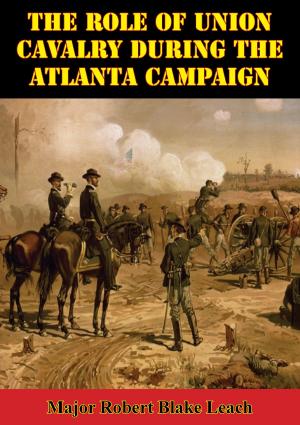Fighting Joe Hooker
Nonfiction, History, Modern, 19th Century, Americas, United States, Civil War Period (1850-1877), Military| Author: | Walter H. Hebert | ISBN: | 9781786255891 |
| Publisher: | Golden Springs Publishing | Publication: | November 6, 2015 |
| Imprint: | Golden Springs Publishing | Language: | English |
| Author: | Walter H. Hebert |
| ISBN: | 9781786255891 |
| Publisher: | Golden Springs Publishing |
| Publication: | November 6, 2015 |
| Imprint: | Golden Springs Publishing |
| Language: | English |
“I have placed you at the head of the Army of the Potomac. Of course I have done this upon what appear to me to be sufficient reasons. And yet I think it best for you to know that there are some things in regard to which, I am not quite satisfied with you.”
With this opening sentence in a two-page letter from Abraham Lincoln, Union general Joseph Hooker (1814–79) gained a prominent place in Civil War history. Hooker assumed command of an army demoralized by defeat and diminished by desertion. Acting swiftly, the general reorganized his army, routed corruption among quartermasters, improved food and sanitation, and boosted morale by granting furloughs and amnesties. His hour of fame and the test of his military skill came in the May 1863 battle of Chancellorsville. It was one of the Union Army’s worst defeats; shortly thereafter Hooker’s resignation was accepted.
This definitive biography of a man who could lead so brilliantly and yet fall so ignominiously remains the only full-length treatment of Hooker’s life. His renewal as an important commander in the western theater during the Chattanooga and Atlanta campaigns is discussed, as is his life before and after his Civil War military service.—Print Ed.
“I have placed you at the head of the Army of the Potomac. Of course I have done this upon what appear to me to be sufficient reasons. And yet I think it best for you to know that there are some things in regard to which, I am not quite satisfied with you.”
With this opening sentence in a two-page letter from Abraham Lincoln, Union general Joseph Hooker (1814–79) gained a prominent place in Civil War history. Hooker assumed command of an army demoralized by defeat and diminished by desertion. Acting swiftly, the general reorganized his army, routed corruption among quartermasters, improved food and sanitation, and boosted morale by granting furloughs and amnesties. His hour of fame and the test of his military skill came in the May 1863 battle of Chancellorsville. It was one of the Union Army’s worst defeats; shortly thereafter Hooker’s resignation was accepted.
This definitive biography of a man who could lead so brilliantly and yet fall so ignominiously remains the only full-length treatment of Hooker’s life. His renewal as an important commander in the western theater during the Chattanooga and Atlanta campaigns is discussed, as is his life before and after his Civil War military service.—Print Ed.
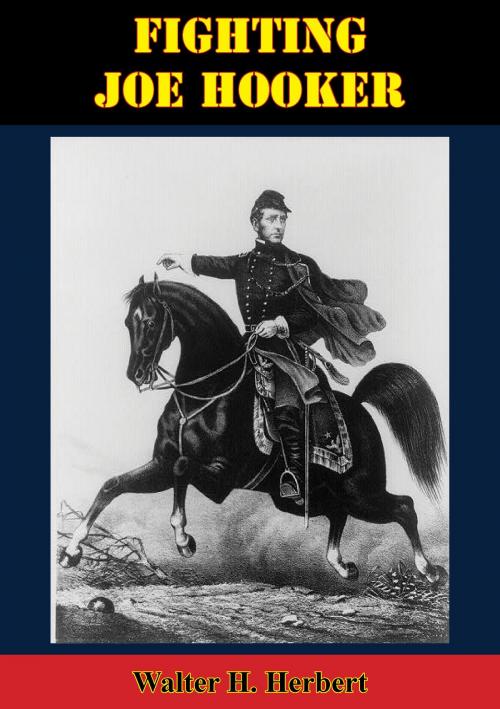
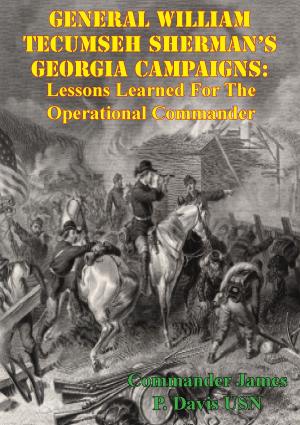

![Cover of the book Military Memoirs Of A Confederate: A Critical Narrative [Illustrated Edition] by Walter H. Hebert](https://www.kuoky.com/images/2014/august/300x300/9781782895282-LpNv_300x.jpg)

![Cover of the book Co. Aytch Maury Grays, First Tennessee Regiment Or, A Side Show Of The Big Show [Illustrated Edition] by Walter H. Hebert](https://www.kuoky.com/images/2015/november/300x300/9781786251176-VTnK_300x.jpg)

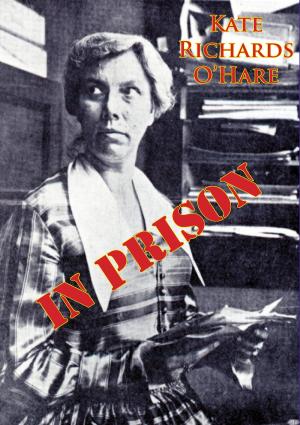
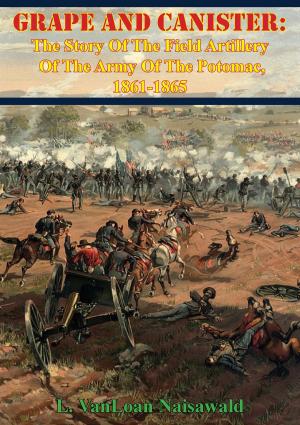

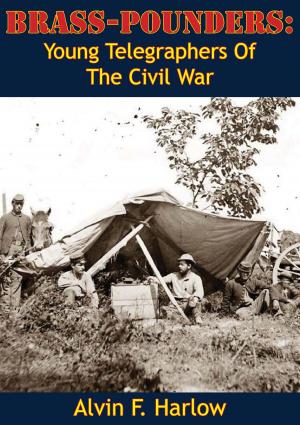
![Cover of the book Ordeal By Fire: An Informal History Of The Civil War [Illustrated Edition] by Walter H. Hebert](https://www.kuoky.com/images/2016/january/300x300/9781786257789-EzyU_300x.jpg)



